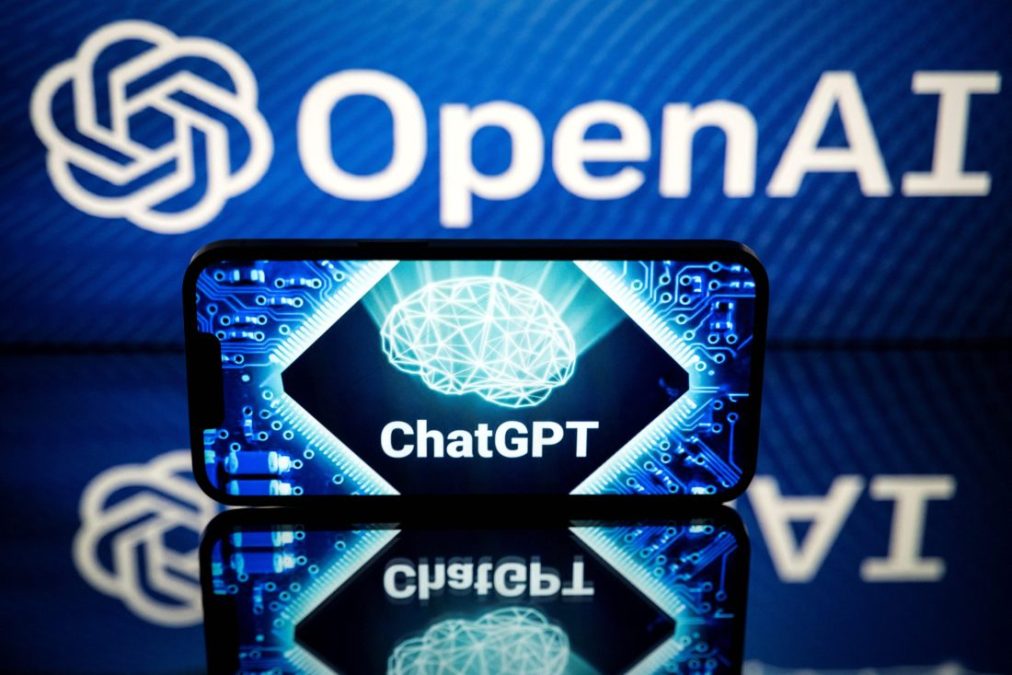Congress gets 40 ChatGPT Plus licenses to start experimenting with generative AI

Congressional offices have begun using OpenAI’s popular and controversial generative AI tool ChatGPT to experiment with the technology internally, a senior official within the Office of the Chief Administrative Officer’s House Digital Services said Friday.
The House recently created a new AI working group for staff to test and share new AI tools in the congressional office environment and now the House of Representatives‘ digital service has obtained 40 licenses for ChatGPT Plus, which were distributed earlier this month.
The purchase of the licenses comes amid widespread debate over how artificial intelligence technology should be used and regulated across the private sector and within government. This represents one of the earliest examples of ChatGPT being used as part of the policymaking process.
The 40 licenses were assigned on a first-come first-served basis, and House Digital Services will pay the $20/month per office subscription plan for an indefinite period of time, according to the official. Details of which Congressional offices have received the ChatGPT Plus licenses will remain anonymous for now.
ChatGPT Plus is a new subscription plan rolled out by OpenAI in February that allows subscribers to avoid getting bumped out of the chatbot during peak usage hours and receive faster responses.
“Oftentimes members are experimenting with things, new tools, in their own ways and we just want to be in the loop on that. We want to help facilitate that experimentation,” the official said.
They added: “There are so many different use cases for ChatGPT but what we’ve heard is at the top of the list for Congressional offices is creating and summarizing content.”
The chatbot won’t be able to run within the House of Representatives’ internal server, which has a firewall that will block it. Staff have also been advised not to use the tool to run queries using Congressional data or other sensitive internal information. Additionally, the OpenAI tool can’t be used to download code onto Congressional devices but can be used within a web browser or Application Programming Interface (API) for requests.
According a recent AI Working Group internal email obtained by FedScoop, the AI tool is expected to be used for many day to day tasks and key responsibilities within congressional offices such as: generating constituent response drafts and press documents; summarizing large amounts of text in speeches; drafting policy papers or even bills; creating new logos or graphical element for branded office resources and more.
“This is the House getting ahead of the curve to address emerging technology that could really help Congress better serve the public,” said Daniel Schuman, co-founder of the Congressional Data Coalition and policy director at the Demand Progress advocacy group.
“Everything from making it easier to come with ideas, to summarizing information, to draft letters or documents and handle some aspects of constituent engagement. Ultimately it will allow Congressional staff to scale up more quickly regarding the demands placed on them,” said Schuman, who has played a key role in drafting and enacting tech and accountability related legislation in Congress including the DATA Act, FOIA modernization, and dozens of House rules changes.
The House Digital Services team was launched in the summer of 2022 with a wide-ranging remit to improve user experience in Congress and expand the ability of lawmakers to interact with their constituents. The team is tasked with building intuitive solutions that improve on member offices’ most significant challenges. It comes after nonprofit groups, like TechCongress and others, have for years looked to inject tech talent into Congress through digital service fellowships.
News that lawmakers are experimenting with generative AI comes as federal government agencies work to establish new norms governing use of the technology.
Last month, National Science Foundation Chief Information Officer Dorothy Aronson said her agency was beginning to experiment internally with appropriate use cases for such tech and to build safe guardrails for its use.






